
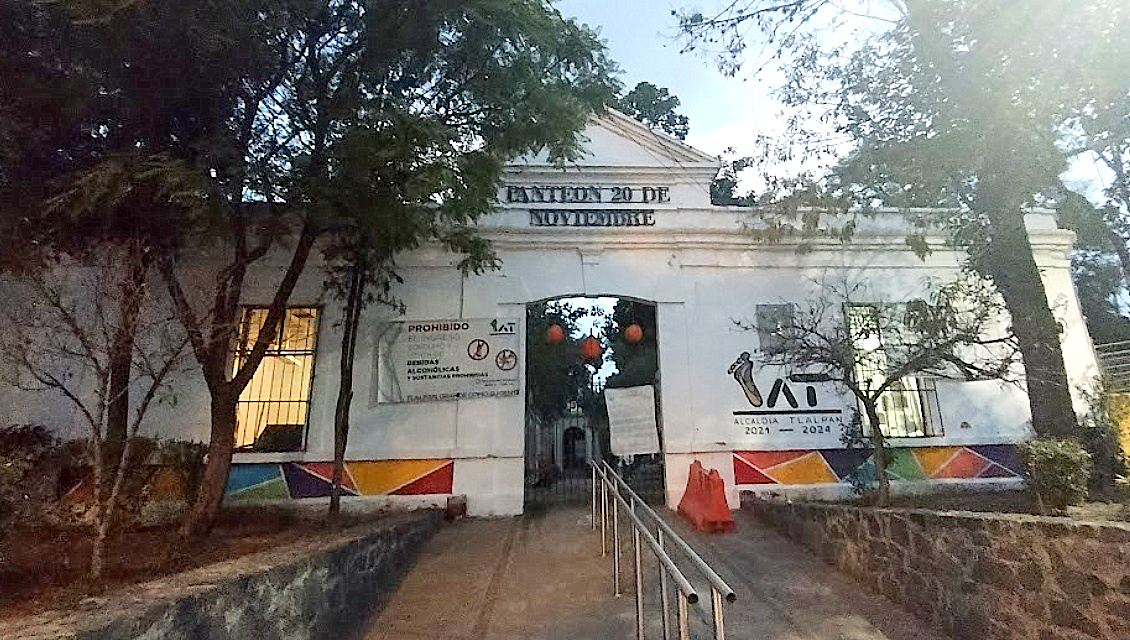
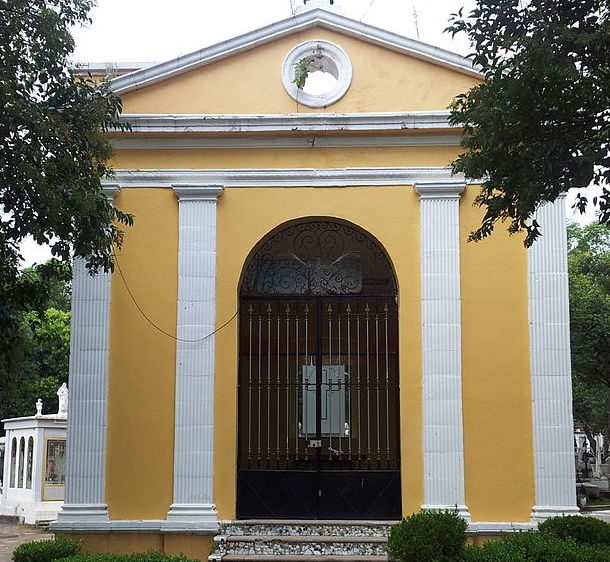
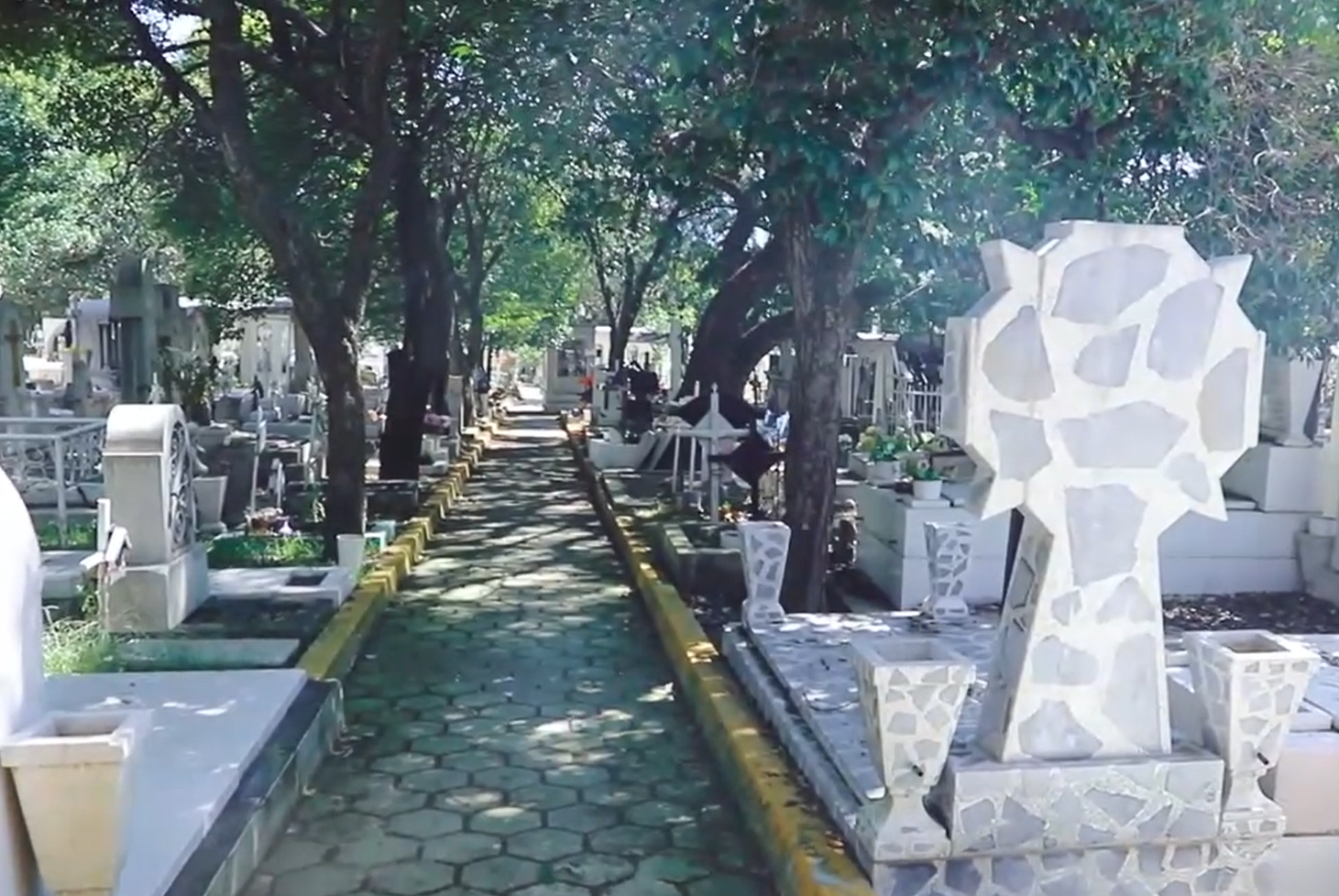
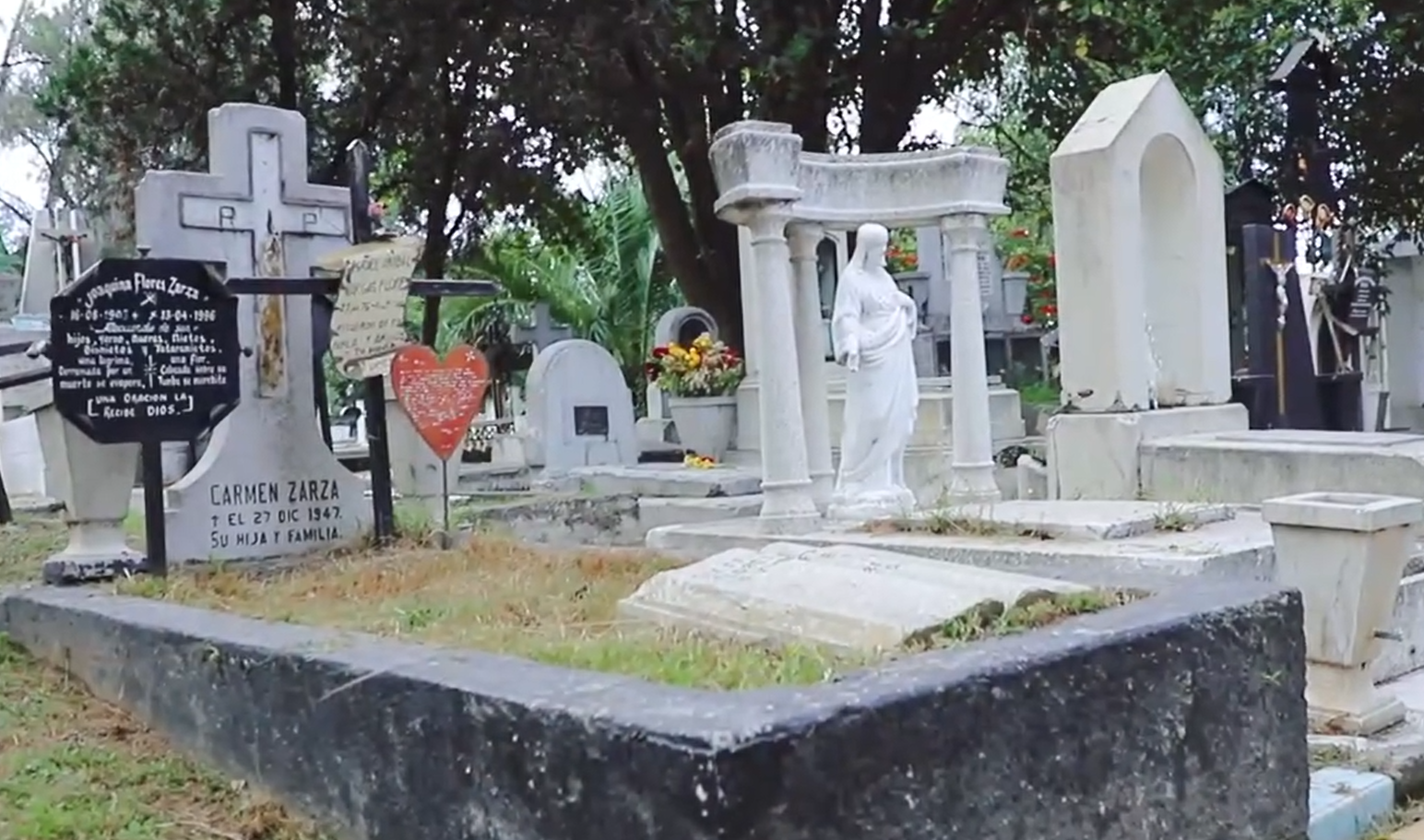
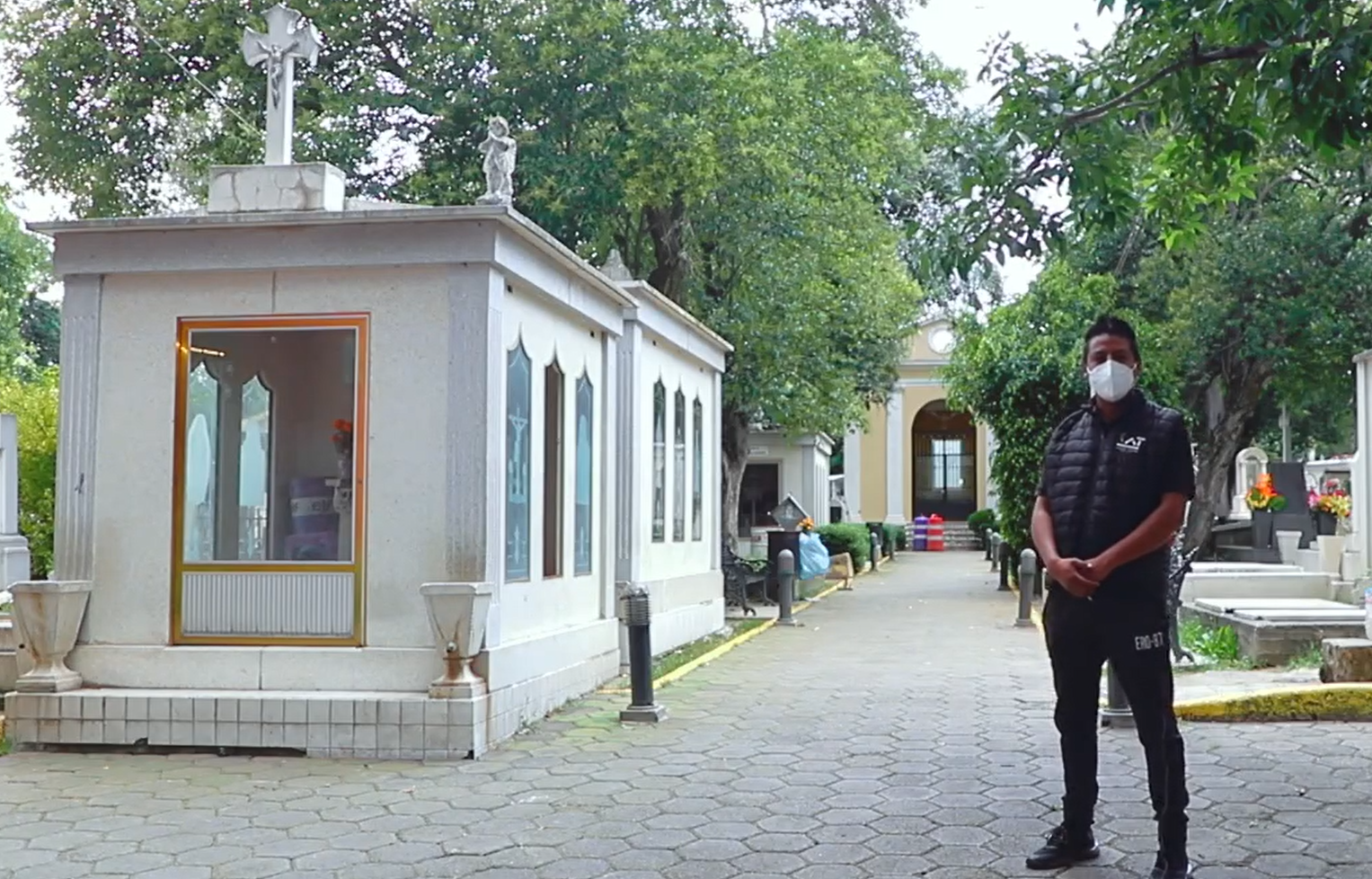
Photos: Alcaldía de Tlalpan
The Panteón 20 de Noviembre is a historic cemetery in the very south of the Centro de Tlalpan. When the cemetery opened, the town was still named for the temple and monastery, San Agustín de las Cuevas. The new cemetery took shape in 1875 on one of the monastery’s southern farm fields. It replaced an older burial plot dedicated to Niño Jesus. It’s still sometimes called the Panteón Nuevo, although the name Paraje San Marcos Panteón, for the neighborhood, is slightly more common.
The cemetery wasn’t officially dedicated until 1905 some 30 years after the first internments. That’s when the street-facing façade was dedicated too. The name was changed in 1935 when the cemetery was expanded and rededicated, this time to the date commemorating the start of the Mexican Revolution.
Storytellers seem to particularly love the panteón. Now one of the oldest in Mexico City, it’s been the setting for countless tales, sightings, eerie dreams, and vigils.
Today, the cemetery is a popular spot for Day of the Dead observances. As a public cemetery, it’s maintained by the Tlalpan authorities, one of eleven public cemeteries in the alcaldía. Strollers will often continue to the site after a visit to the Amaxalco Oratory or other points in and around the Tlalpan Center. .
Hours: Weekdays, 8 a.m. to 4 p.m., Weekends, 9 a.m. to 4 p.m.
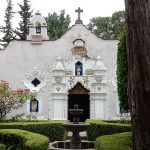
Nearest at 0.25 kms.
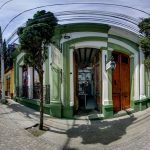
Nearest at 0.36 kms.
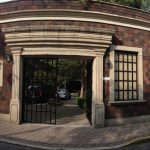
Nearest at 0.39 kms.
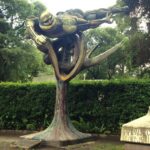
A final resting place for some of Mexico's most important people . . .

A park that comes alive with colorful animals in Tláhuac . . .

One of Tláhuac's great traditional neighborhood markets . . .
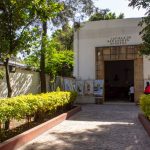
One of Azcapotzalco's nearly lost original settlements . . .
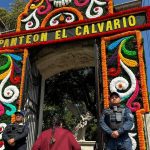
A remarkably well-tended public cemetery in San Pedro Cuajimalpa . . .